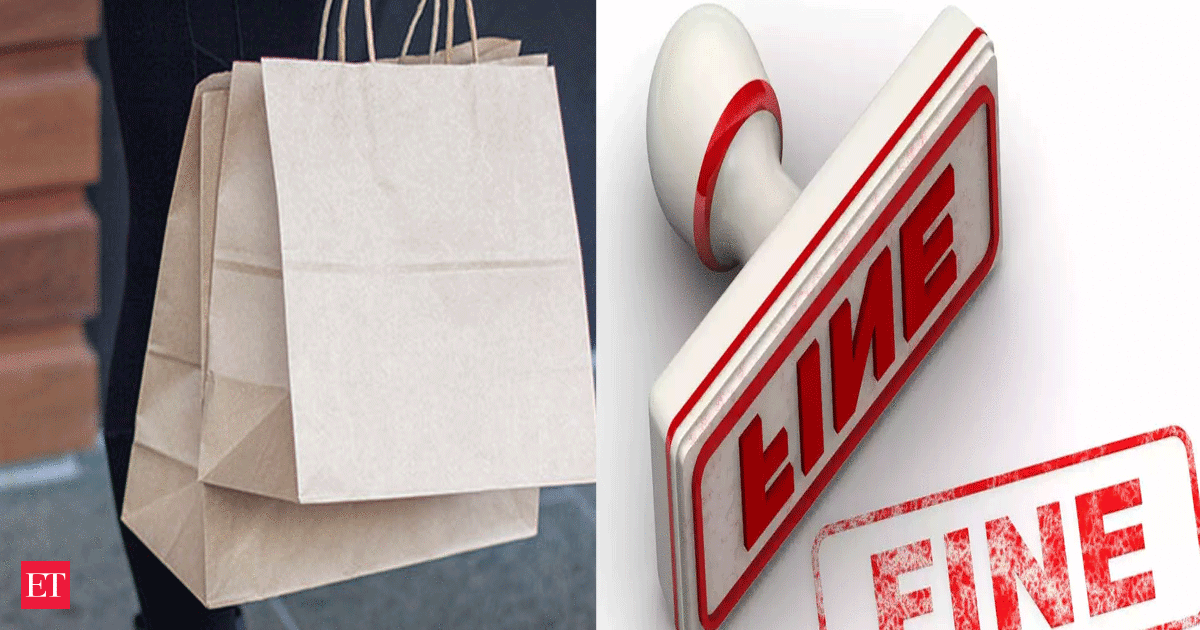Retail stores across the world have been charging customers for carry bags despite it being deemed unfair and illegal by the courts. The practice of charging for carry bags is prevalent for several reasons. Firstly, it serves as a deterrent to excessive use of bags and encourages customers to bring their own reusable bags. Secondly, it is an additional source of revenue for the stores. However, the main motive behind charging for bags is to reduce environmental impact.
Carry bags, especially those made of plastic, have a significant negative impact on the environment. Plastic pollution is a growing concern globally, and single-use carry bags contribute to this problem. These bags take years to decompose and often end up in landfills, water bodies, and even wildlife habitats.
In recent years, there has been a rise in consumer awareness regarding the environmental impact of plastic bags. Many customers have started carrying their own bags or opting for paper bags instead. However, there is still a significant number of customers who rely on carry bags provided by the stores.
The cost of providing free carry bags to all customers can be considerable for the stores. This includes the cost of purchasing the bags, storing them, and the labor involved in making bags available at all times. By charging for carry bags, stores can compensate for these expenses and also promote sustainability.
Another reason why stores continue to charge for bags is the fear of legal consequences. While courts may have deemed it unfair and illegal, the implementation and enforcement of such rulings can be challenging. Stores fear potential lawsuits and penalties if they abruptly stop charging for bags.
However, there are potential solutions to mitigate the environmental impact without burdening the customers. One approach is to provide incentives for customers who bring their own bags. Stores can offer discounts or loyalty points to those who opt for reusable bags. This would encourage customers to make sustainable choices and reduce their reliance on carry bags provided by the stores.
Furthermore, stores can invest in alternative packaging options that are more eco-friendly. This could include biodegradable or compostable bags, which have a lesser impact on the environment compared to single-use plastic bags. By making these alternatives readily available and affordable, stores can further promote sustainable practices.
In conclusion, despite courts deeming it unfair and illegal, retail stores continue to charge customers for carry bags for various reasons. The practice serves as a deterrent, a revenue source, and an effort to reduce environmental impact. However, there are potential solutions to encourage sustainable practices without burdening the customers. By providing incentives and investing in eco-friendly packaging options, stores can play a significant role in mitigating the environmental impact of carry bags.











